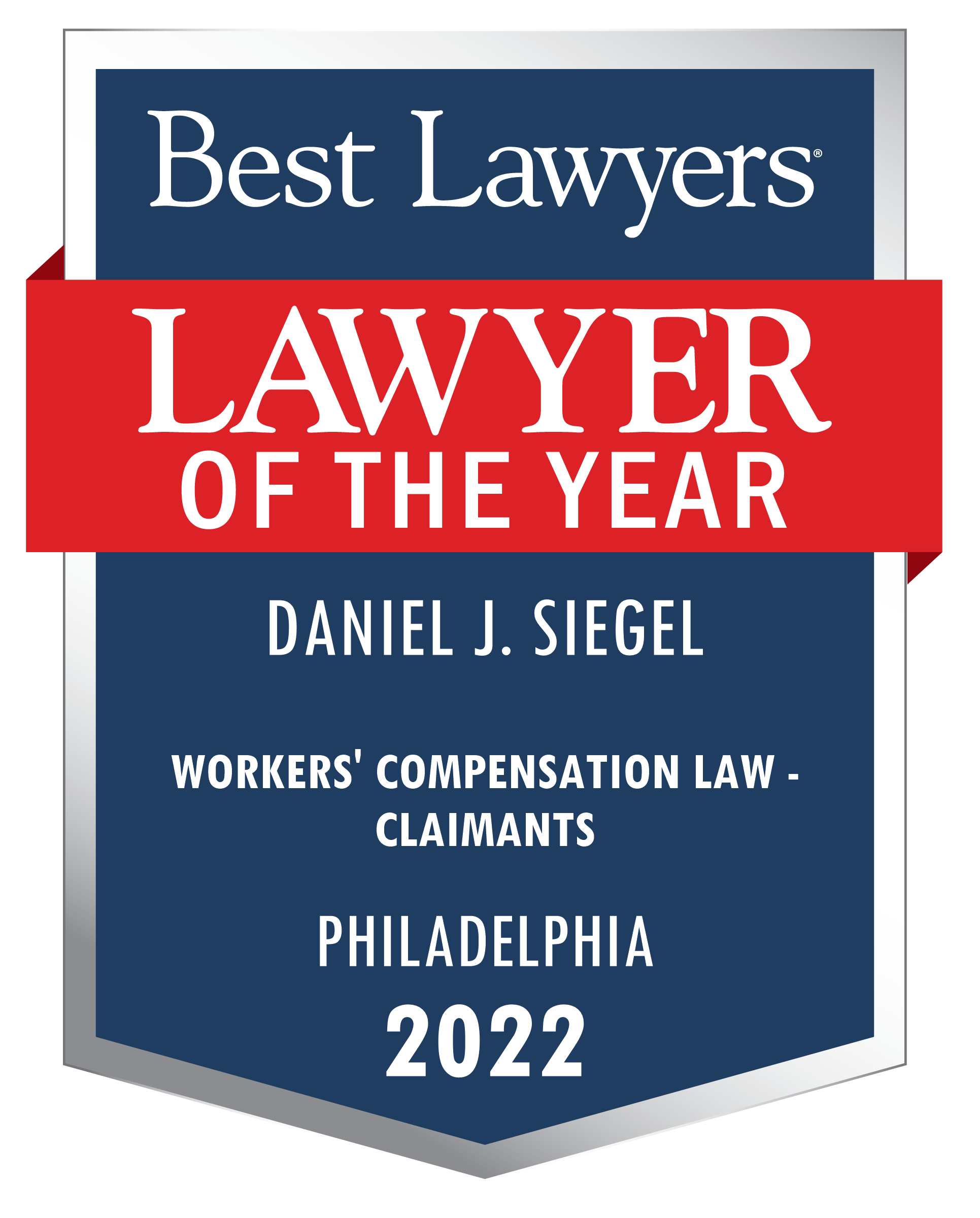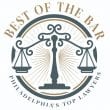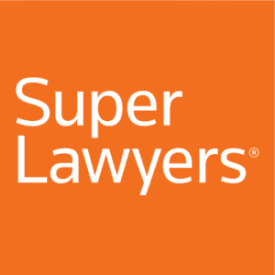No Discovery of Communications Between Counsel and Experts
On July 10, 2014, the Pennsylvania Supreme Court erased any doubt that it intended to bar all discovery of communications between counsel and experts by amending Pa.R.Civ.P. 4003.5 to prohibit such communications. The amendment, effective August 9, 2014, confirms the Supreme Court’s Opinion in Support of Affirmance in Barrick v. Holy Spirit Hospital of the Sisters of Christian Charity, 91 A.3d 680, 689 (Pa. 2014), in which an evenly-divided Court affirmed an en banc decision of the Superior Court. The Order amending Rule 4003.5 is not surprising in light of the fact that Justice Stevens, who did not participate in the Supreme Court’s deliberations, was a member of the Superior Court majority that upheld the ban on this type of discovery. Click here to view the Order amending Rule 4003.5, the Comment to the amendment, and the Barrick Opinions.
Under revised Rule 4003.5(a)(4), a “party may not discover the communications between another party’s attorney and any expert who is to be identified pursuant to subdivision (a)(1)(A) or from whom discovery is permitted under subdivision (a)(3) regardless of the form of the communications, except in circumstances that would warrant the disclosure of privileged communications under Pennsylvania law.” The Rule states that it “protects from discovery draft expert reports and any communications between another party’s attorney and experts relating to such drafts.” While Rule 4003.5(a)(2) continues to permit further discovery beyond interrogatories “upon cause shown,” the tone of the Rule and the comments to the Rule make it clear that such discovery is not favored.
In Barrick, an evenly-divided Pennsylvania Supreme Court affirmed the Superior Court’s prior ruling that communications between counsel and an expert are privileged material pursuant to Pa.R.C.P. 4003.3 and 4003.5. In the April 29, 2014 ruling, the three Justices who supported affirmance noted that “Rule 4003.3 balances the general rule of expansive discovery with the deep-rooted protection of attorney work product, and that “attempting to extricate the work product [provided to an expert] from the related facts will add unnecessary difficulty and delay into the discovery process.”
Conversely, the three Justices who supported reversal noted that the “Court’s procedural rules do not establish a categorical prohibition against discovery of all correspondence between an attorney and an expert. [Consequently,] purely factual or other information — such as evidence and scientific doctrines that an expert may consider when forming an opinion — that does not represent core attorney work product, although contained within communications between counsel and an expert witness, does not fall within Rule 4003.3’s protective scope … therefore, we would hold that it may be discovery — so long as the mandates of Rule 4003.5 [concerning discovery related to expert testimony] are satisfied.”
Justice Saylor, who authored the Opinion in Support of Reversal, dissented from the Order implementing amended Rule 4003.5. Chief Justice Castille and Justice Eakin, who joined in the Opinion in Support of Reversal, did not dissent from the Order amending Rule 4003.5.







